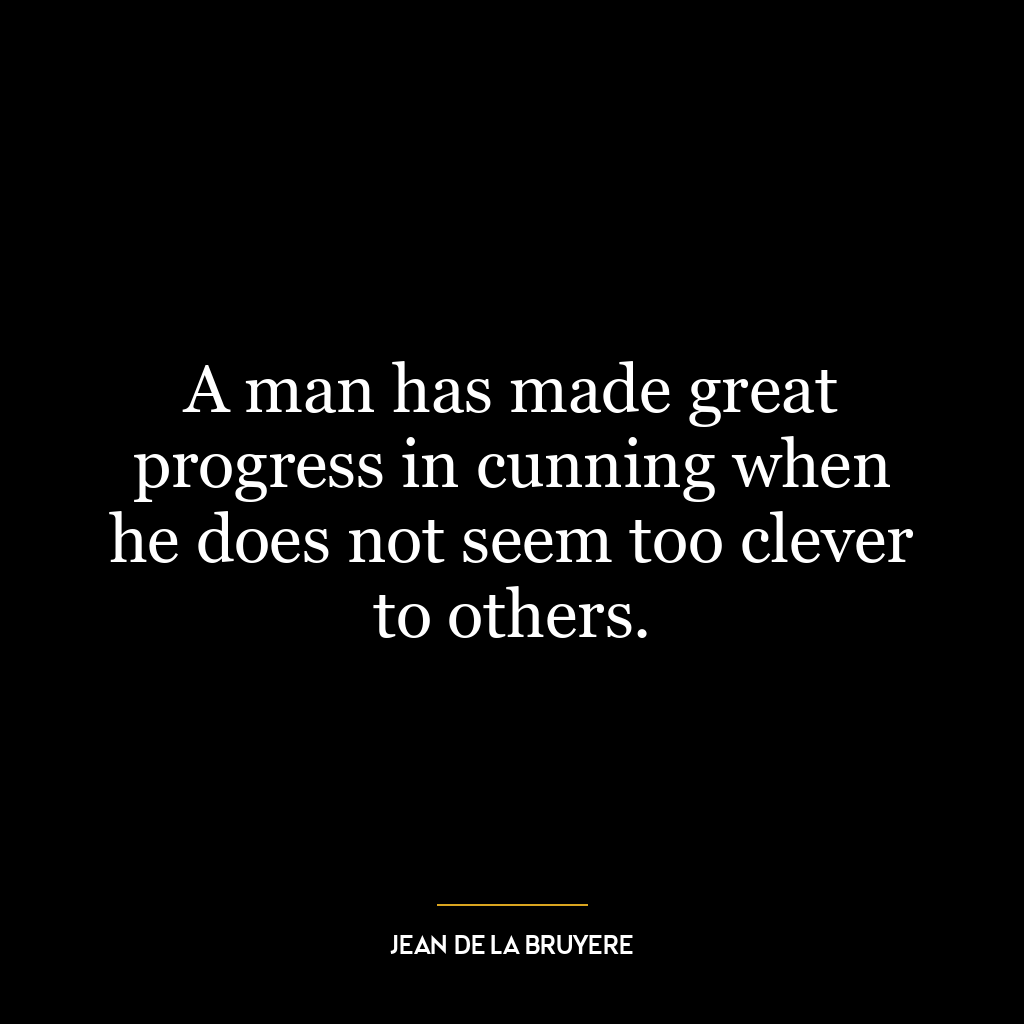This quote highlights five fundamental virtues that, according to Gautama Buddha, lead to the highest form of good luck. These virtues are reverence, humility, contentment, gratitude and hearing the good Dhamma.
Reverence refers to a deep respect for others and for life itself. It is about recognizing the sacredness in everything around us. Humility is about understanding our place in the world; it’s not thinking less of ourselves but thinking of ourselves less.
Contentment is a state of happiness and satisfaction with what we have rather than constantly craving more or different things. Gratitude is an appreciation for all that we have been given or achieved; it’s acknowledging the good in our lives.
Hearing the Good Dhamma refers to listening and understanding Buddhist teachings (Dhamma) which guide towards enlightenment and liberation from suffering. In essence, these teachings emphasize compassion, mindfulness and detachment from worldly desires.
In today’s fast-paced world where material success often takes precedence over spiritual growth, these values can provide a grounding force. Reverence can help us value people over possessions or achievements; humility can counteract ego-driven pursuits; contentment can keep us happy amidst constant change; gratitude keeps us positive even when faced with challenges.
In terms of personal development too, incorporating these virtues into daily life could foster mental peace and emotional balance. For example practicing reverence might involve showing respect not only towards people but also nature thereby promoting eco-friendly behavior; humility could involve acknowledging one’s mistakes leading to personal growth; contenting oneself with what one has helps alleviate stress associated with constant comparison while practicing gratitude could enhance overall happiness levels by appreciating small joys in life.
Thus Buddha’s quote emphasizes on inner peace as real good luck rather than external factors like wealth or fame which are usually associated with ‘luck’. This perspective offers an interesting contrast to modern notions of success making it relevant even today.















